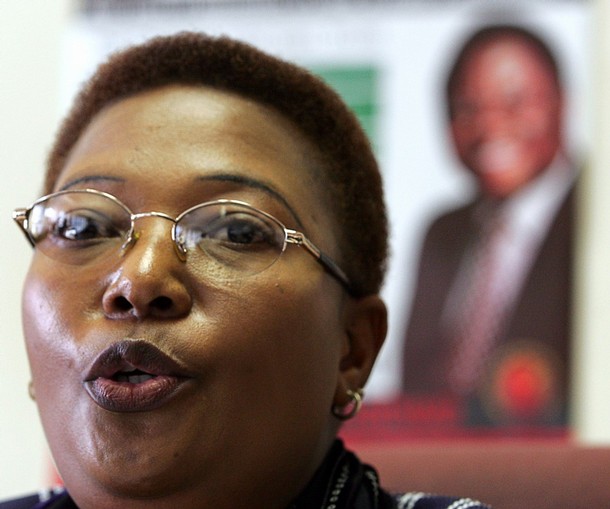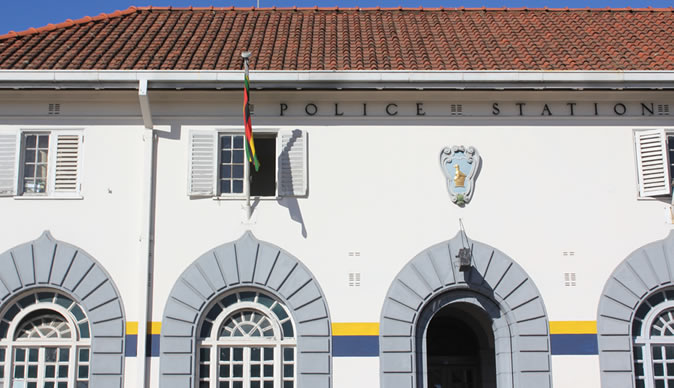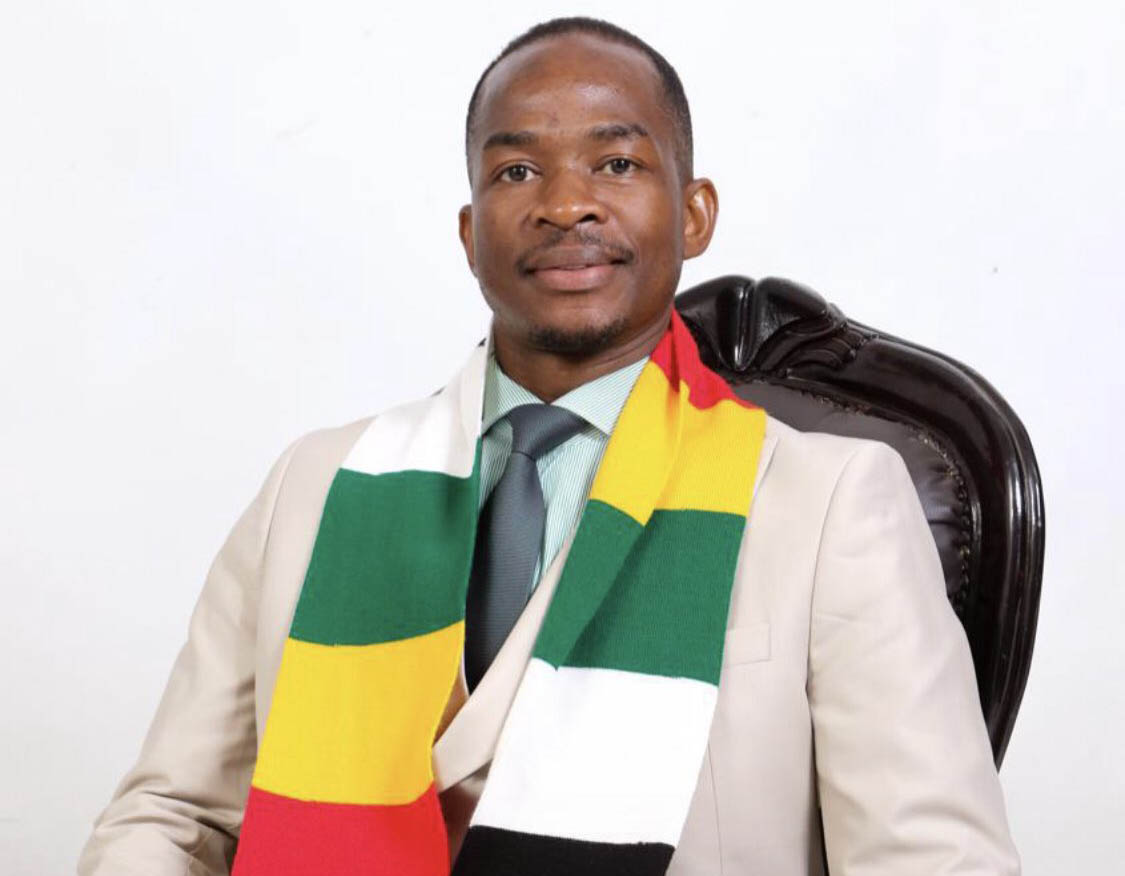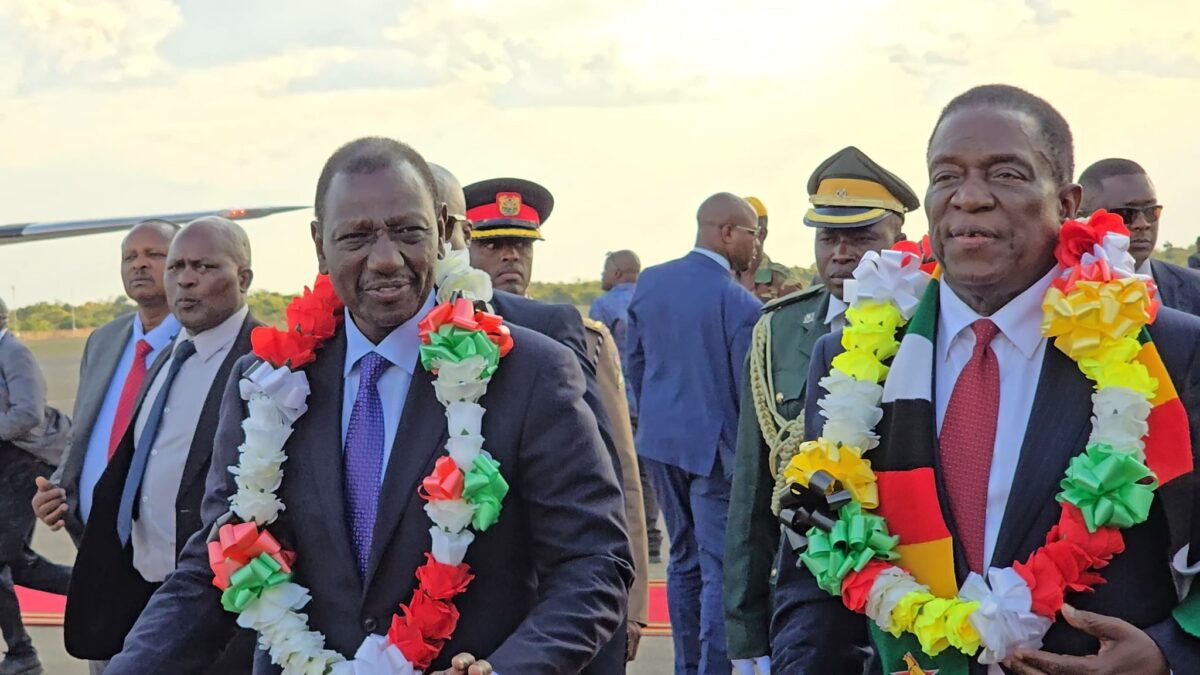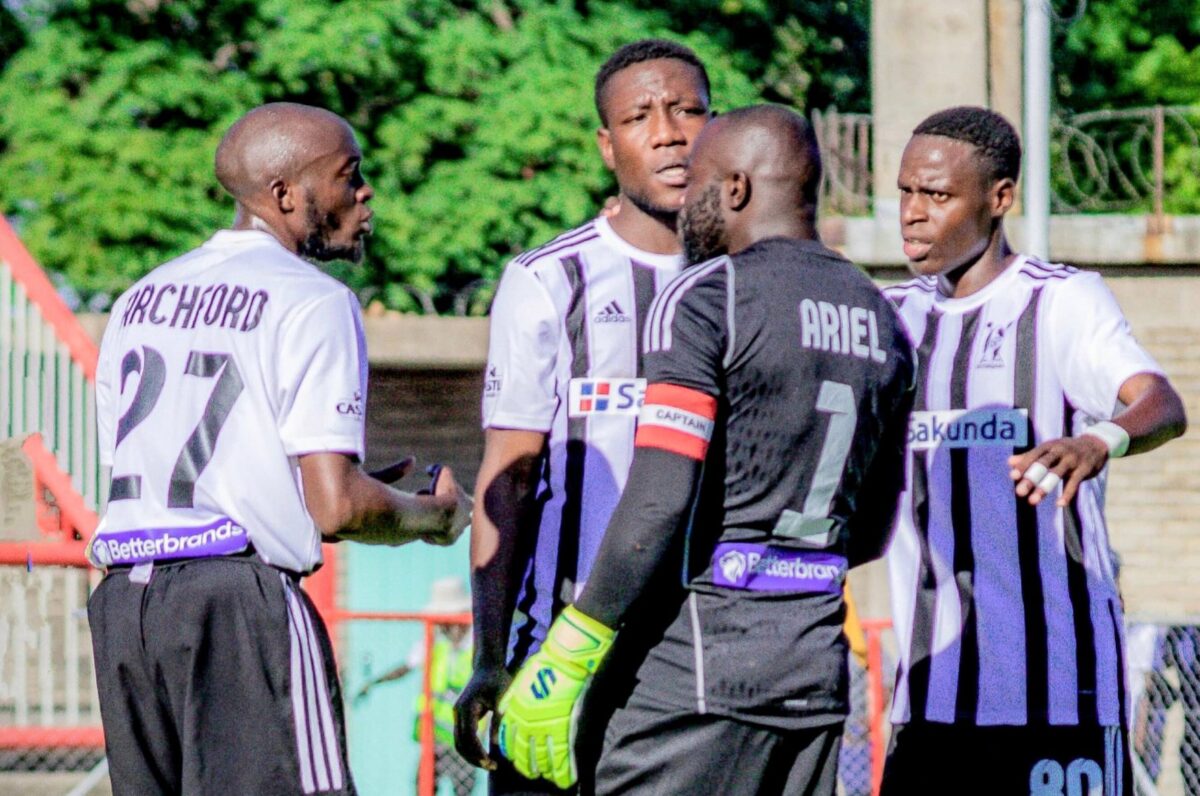WHEN election results for Zimbabwe’s ninth Parliament are announced after the July 30 election, the biggest losers will be women.
Out of the 1,642 candidates that successfully filed their nomination papers for House of Assembly seats in the July 30 elections, only 235 were women. It is not guaranteed that all the 235 women will be elected, leaving open the prospect of a nearly all-male parliament and government for the next five years.
Women represent just 14 percent of the names that will be on the ballot, despite making up 52 percent of Zimbabwe’s population.
Masvingo is the worst performing province in the gender balance stakes, with just 10 women running to be MP out of 140 candidates spread across 26 constituencies. Of the 26 available seats, 16 will be contested by men only.
Mashonaland Central came second worst. From the 18 parliamentary seats with 92 candidates contesting, only 11 were women. Mashonaland East fared no better, out of 121 candidates competing for 23 seats, 15 were women.
Matabeleland North produced 15 women contestants out of 135 candidates competing for 13 seats.
In Mashonaland West, from the 22 National Assembly seats, 17 candidates were women from the 160 that were fielded.
Midlands has 17 women from a total of 178 candidates running for 23 seats.
Matabeleland South managed to field 15 women from 99 candidates contesting for 13 seats, sitting just above the national percentage.
In Manicaland, out of the 26 parliamentary seats, only 22 participants were women from 194 candidates.
Bulawayo, the second largest city, saw 37 women contesting out of the 204 candidates standing for 12 constituency seats.
Harare performed marginally better with 79 of the 319 constituency candidates being female. This represents 25 percent female presence on the ballot paper – almost double the national average.
In all, 84 of the 210 seats will be contested by men only.
In 2008, female parliamentary representation was 15 percent, jumping to 32 percent in 2013 after 83 women made up the total figure of 350 legislators from both the Lower and Upper House. This was roughly the same time when the government implemented the proportional women representation quota as specified in the 2013 Constitution.
According to Section 124 (b) of the 2013 Constitution, for the life of the first two Parliaments after the effective date an additional 60 women members, six from each of the 10 provinces, may be elected through a system of proportional representation based on the votes cast for candidates representing political parties in a general election for constituency members in the provinces.
This provision can beef up women’s presence in parliament, but it is only valid until 2023 and would be scrapped unless MPs vote to continue the policy.
Khanyile Mlotshwa, a political analyst, says women have been reluctant to run for office fearing misogynistic and sexist attacks.
“Regardless of political affiliation, whether in ruling or in the opposition spheres, female candidates and politicians are repeatedly subjected to sexist remarks and misogyny during their careers in politics, attacks that come from both national leaders and the rank and file,” he pointed out.
Thokozani Khupe, leader of a faction of the MDC-T party, was called a “prostitute” and lampooned in songs by supporters of Nelson Chamisa, with whom she was involved in a boardroom fight for the leadership of the party following the death of former leader, Morgan Tsvangirai. At Tsvangirai’s burial, thugs barricaded her in a thatched hut and threatened to burn her alive.
Former Vice President, Joice Mujuru, was labelled a witch and slandered by rivals in Zanu PF for angling to take over from former President Robert Mugabe. She was expelled from Zanu PF.
Former First Lady Grace Mugabe, who to her discredit took part in hounding out Mujuru from Zanu PF, has herself not escaped a similar fate after her husband Robert Mugabe was deposed in a military coup last November.
But Khupe, Mujuru and Grace Mugabe – despite the attacks – can carry on with their political lives, shielded by the positions they hold in their parties or access to power. Not so much for lesser known candidates who must first convince their husbands that the attacks are worth sustaining, for a greater good, says Mlotshwa. Most wilt under the pressure of attacks by political rivals and family concerns.
In a study conducted by the Research and Advocacy Unit (RAU), violence was identified as the major reason for middle class women to shun participation in elections. The study found that women are also objectified and seen as sex objects while their contributions are regarded as unimportant and this has forced many of them to stay away.
RAU further concluded that gender inequality within families, inequitable division of labour within households, and cultural attitudes about gender roles further subjugate women and serve to limit their representation in public life.
Iphithule Maphosa, the spokesperson for the opposition ZAPU, said currently women were unavailable in good numbers for reasons such as intimidation, which some encountered in the liberation war, during Gukurahundi and other violent episodes in Zimbabwe’s recent history.
Maphosa said his own party, Zapu, had surpassed its constitutional threshold of fielding 30 percent of female candidates, although most women were contesting for council seats.
“As a party we endeavour to have a 50-50 representation,” he maintains.
Maphosa, however, claimed women do not support each other and that they were partly to blame for low numbers of candidates in this year’s campaign.
“Women are a majority in the country but they don’t vote for other women candidates. Most instead support men,” Maphosa alleged.

